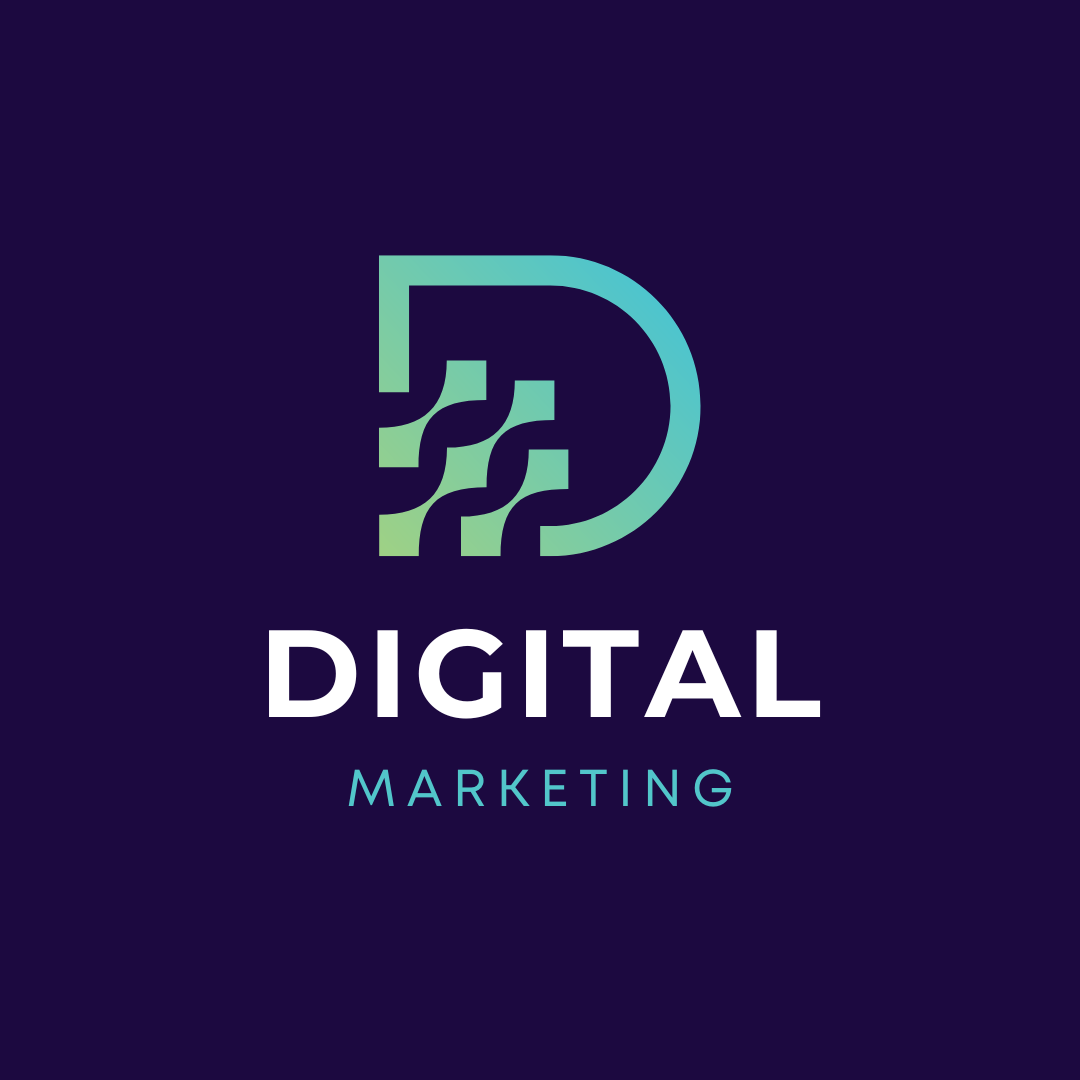
What Does a Digital Marketer Do? Everything You Need To Know
Share
In the fast-paced world of the internet, businesses rely heavily on digital marketing to reach, engage, and convert their audience. But what exactly does a digital marketer do, and why are they so important to a brand’s success? In this blog, we’ll break down the role of a digital marketer, the key tasks they handle, and why they’re essential in today’s digital landscape.
The Role of a Digital Marketer
A digital marketer is responsible for promoting a brand, product, or service online. Their primary goal is to drive traffic to a website, generate leads, increase sales, and build brand awareness. Using various digital channels—such as social media, search engines, email, and paid ads—digital marketers develop strategies to connect with the right audience.
The role of a digital marketer is highly dynamic and data-driven, requiring the ability to adapt to constantly changing technologies and trends. Depending on the size of the company, a digital marketer might focus on a specific area, like content creation or social media, or they could oversee the entire digital marketing strategy.
Key Responsibilities of a Digital Marketer
Digital marketing is a broad field, so a digital marketer’s responsibilities can vary. Below are some of the key tasks that digital marketers typically manage:
1. Developing a Digital Marketing Strategy
At the core of a digital marketer’s job is creating a comprehensive strategy that outlines the marketing goals, target audience, and the channels that will be used to achieve these goals. A well-thought-out strategy helps ensure that all marketing efforts are aligned and driving toward a common objective.
Key Components of a Digital Marketing Strategy:
- Identifying target audiences and buyer personas
- Defining marketing goals (e.g., lead generation, brand awareness, sales)
- Choosing the right channels (social media, SEO, email, PPC)
- Budget allocation and setting KPIs to measure performance
2. Search Engine Optimization (SEO)
One of the most important tasks of a digital marketer is optimizing a website for search engines like Google. SEO involves optimizing content, keywords, and the overall structure of a website to rank higher in search engine results pages (SERPs). The better the SEO, the more likely a website will be discovered by potential customers organically.
SEO Tasks Include:
- Conducting keyword research
- Optimizing website content for search engines
- Improving website structure and user experience (UX)
- Building backlinks to improve domain authority
- Monitoring and adjusting strategies based on performance metrics
3. Content Creation
Content marketing is at the heart of digital marketing efforts. A digital marketer is often involved in creating or overseeing the creation of valuable, relevant, and engaging content to attract and retain customers. This can include blog posts, social media content, infographics, videos, and eBooks.
Content Creation Responsibilities:
- Developing content calendars
- Writing blog posts, articles, and web copy
- Creating engaging posts for social media
- Producing videos, infographics, and other multimedia content
- Ensuring that content aligns with the brand’s messaging and goals
4. Managing Social Media Platforms
Social media is a powerful tool for connecting with an audience, building brand loyalty, and driving traffic to a website. A digital marketer is responsible for managing a brand’s presence on platforms like Instagram, Facebook, Twitter, LinkedIn, and TikTok.
Social Media Management Includes:
- Developing social media strategies
- Creating and scheduling posts
- Engaging with followers through comments, messages, and shares
- Running paid social media campaigns (Facebook Ads, Instagram Ads)
- Monitoring social media analytics and adjusting strategies as needed
5. Pay-Per-Click (PPC) Advertising
Pay-Per-Click (PPC) advertising is an essential part of a digital marketer’s job, especially for businesses that want quick, targeted results. PPC ads appear on search engines, social media platforms, and websites, and digital marketers are responsible for managing these campaigns, ensuring they are cost-effective and deliver measurable results.
Key PPC Responsibilities:
- Researching and selecting target keywords
- Creating compelling ad copy and visuals
- Setting budget and bid amounts
- Tracking and optimizing campaigns for maximum ROI
- Running remarketing campaigns to re-engage users who didn’t convert initially
6. Email Marketing
Email marketing remains one of the most effective ways to nurture leads and convert them into customers. A digital marketer is often tasked with creating and managing email campaigns to engage prospects, provide valuable content, and drive conversions.
Email Marketing Tasks Include:
- Building and segmenting email lists
- Writing engaging email copy
- Setting up automated email sequences
- Analyzing open rates, click-through rates, and conversions
- A/B testing subject lines, content, and CTAs to improve performance
7. Analyzing Data and Performance
Data analysis is a crucial part of a digital marketer’s role. To ensure that campaigns are effective, digital marketers need to constantly track performance metrics, analyze data, and adjust their strategies accordingly. This involves using tools like Google Analytics, social media insights, and email marketing software to gain a comprehensive view of how different channels are performing.
Key Performance Metrics to Monitor:
- Website traffic and user behavior
- Conversion rates and ROI
- Click-through rates (CTR) for ads and emails
- Engagement rates on social media
- Lead generation and sales growth
8. Collaborating with Other Teams
Digital marketing rarely works in isolation. Digital marketers often collaborate with designers, developers, content creators, and sales teams to ensure that marketing campaigns are cohesive and aligned with the overall business objectives. This teamwork ensures that all elements of a marketing campaign, from visuals to messaging, are working together seamlessly.
Skills Every Digital Marketer Needs
The role of a digital marketer requires a unique blend of creative, analytical, and technical skills. Here are some key skills that every digital marketer should have:
-
Analytical Thinking: The ability to analyze data, draw insights, and make data-driven decisions is essential for optimizing campaigns and improving performance.
-
Creativity: Whether it’s writing engaging content or creating eye-catching ads, digital marketers need creativity to capture the attention of their target audience.
-
SEO and SEM Knowledge: A strong understanding of search engine optimization (SEO) and search engine marketing (SEM) is critical for driving organic and paid traffic to websites.
-
Social Media Expertise: Digital marketers must be proficient in managing and optimizing social media platforms to build a brand’s online presence.
-
Technical Skills: Basic knowledge of HTML, CSS, and website platforms like WordPress can be incredibly helpful for managing and optimizing websites.
-
Communication Skills: Digital marketers must be able to communicate effectively, both in written content and when collaborating with teams or clients.
Why Digital Marketers Are Essential
In today’s digital landscape, having an online presence is no longer optional—it’s a necessity. Digital marketers play a critical role in helping businesses navigate this space, ensuring that their products and services are seen by the right people at the right time.
Without digital marketers, businesses may struggle to connect with their target audience, missing out on valuable opportunities for growth. Whether it’s building brand awareness, generating leads, or driving sales, digital marketers are essential in helping businesses thrive in a competitive digital world.
Key Takeaways
- Digital marketers are responsible for creating and managing online marketing strategies that drive traffic, generate leads, and increase sales.
- Their tasks include SEO, content creation, social media management, PPC advertising, and email marketing.
- Digital marketers need a combination of creativity, analytical thinking, and technical skills to succeed in their role.
- They are essential for businesses looking to build a strong online presence and grow their brand in today’s digital-first world.
Conclusion
The role of a digital marketer is dynamic, diverse, and constantly evolving. From developing strategies to creating content, managing social media, and running PPC campaigns, digital marketers are the driving force behind successful online marketing efforts. Whether you’re a small business or a large enterprise, having a skilled digital marketer on your team can make all the difference in reaching your marketing goals and growing your business online.
